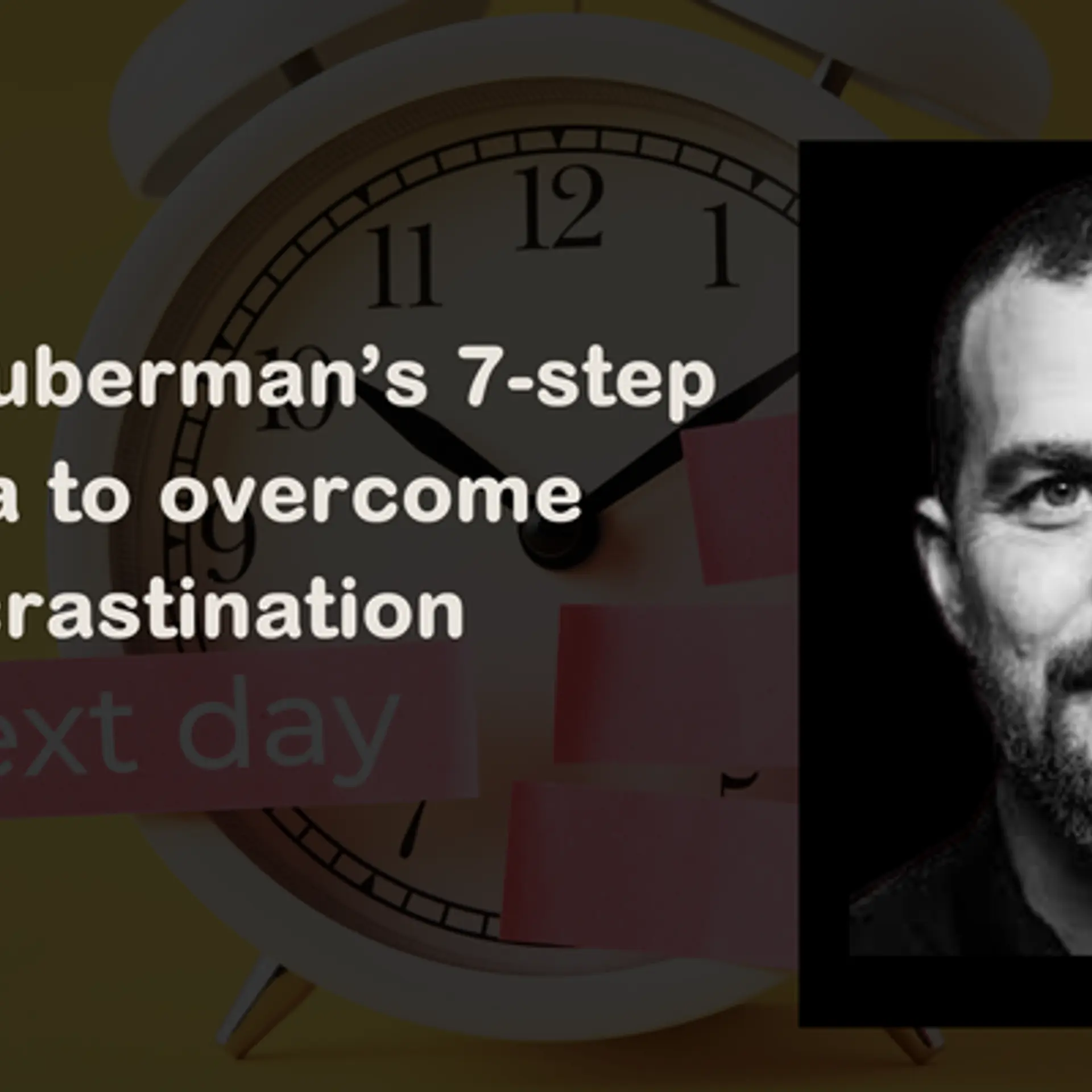Why it’s never too late to change your profession
Maybe you’ve done everything right. Maybe you chose your favourite field, owned it in Grad School and got the ‘perfect job’ right out of College. Your first month was a dream, your colleagues soon became your family and you’d wake up before your alarm each day, to skip your way to work.
But then things start changing. Your cubicle buddies are too loud and chatty, you snooze the alarm six times before you grumble your way to the bathroom and you pray for heavy rains and city strikes so you can stay in. Weekends become your deliverance and Monday mornings, the devil incarnate.

Image : shutterstock
So why are you stuck in this rut?
According to a Herzberg and Clark (1957) who have performed extensive research on the relationship between employee age and job satisfaction, job satisfaction is U-shaped in age with higher levels of morale among young workers, but this declines after the novelty of employment wears off and boredom with the job sets in.
This mostly attributes to people post-30, who are faced in the moral dilemma of stability vs. passion. People are scared to switch their base in entirety, because there’s always the risk of falling flat on your face. Their argument stems from the fact that their current job may not arouse any interest or passion in them anymore, but it’s tried and tested- and safe. And probably part of the blue-print anyway.
Suzy Greaves, respected life-coach and author of ‘Making the Big Leap’ says, “We are encouraged to be successful, to go for money, status, the big car, the title, but when we get all that, we may not be happy. Often it hits people around 33, when they decide they have done it all in their career and they want to find fulfilment instead.”
People are afraid to take a leap into the unknown because there’s always a tremendous risk accompanying it. They list out more cons than pros, and convince themselves that they are content because the alternative makes no promises. Having worked at a company for ten or more years has a rhythmic and familiar style to it, however growth-stunting it may be. They know the packages, the perks and the hours to be put in by rote and know they’re good at what they do.
But where’s the fun in that?
What’s the point of being in a dead-end job you can’t wait to retire out of? Why wake up counting hours till you can go to sleep again?
Marc Freddman, CEO and founder of Encore.org, coined the term ‘encore career’ in 2009 which ‘seeks to combine a sense of purpose with public-service passion and a pay-check for people in their 50s and 60s’.
The percentage of employees who are craving their individual ‘encore careers’ has taken a sharp rise in the recent years. People want to quit their jobs in hopes of finding new ones that will not only inspire them, but which will also provide them with security and high returns.
Here’s a list of reasons to go out there and live your ‘second’ dream job and to make sure, this one sticks.
- It’s not about the money, it’s about the experience. Our biggest moral dilemma is to choose between earning the steady big bucks and diving headlong into our passions. Once you’ve worked a steady job for over seven years, you’ll probably have enough savings to fall back on it times of crisis. That gives you the freedom to explore a new possibility, even if the money is a bit tight for the first few transitory months. But, if you love what you do and you finally wake up each morning excited to go start your day of work, then the returns are far greater than any six-digit figure.
- You’ll finally realize your true calling. If your new career comes to you as natural as breathing, then you have your very own eureka moment where you realize that this was what you were meant to do, all along!
- You are appreciated for every pinnacle of effort you put down. There may have been times in your last job where you never got the pat on the back you felt you deserved, or when you got too comfortable and started to slack. Starting a career in something entirely new and unexplored leaves you with the freedom to try your hand at every single part of it and going forth to own it.
- You’re never too old to learn. The primary cause for employee-dissatisfaction with their existing careers is that they feel like they’ve learnt up the trade and exhausted it. There is nothing new to discover or be taught and that right there marks the start of stagnancy. When you become lax with your job, you tend to take it for granted and slowly from a 100 per cent, it comes down to 70, then 50 and then a 35. When you begin a new profession, it’s like going back to the elementary roots and learning a new tip, a new method, and a new ideology every single day. And if it’s something that piques your interest, then your graph of effort in terms of career, will be steady at a 100 through it all.
So give yourself a second chance to live your dream job, give it your all and don’t ever look back again. Remember, the world is yours for the taking.
(Disclaimer: The views and opinions expressed in this article are those of the author and do not necessarily reflect the views of YourStory.)







